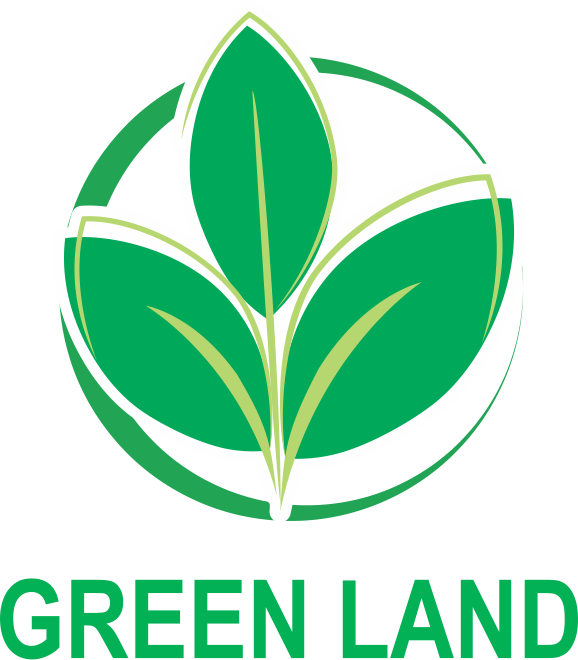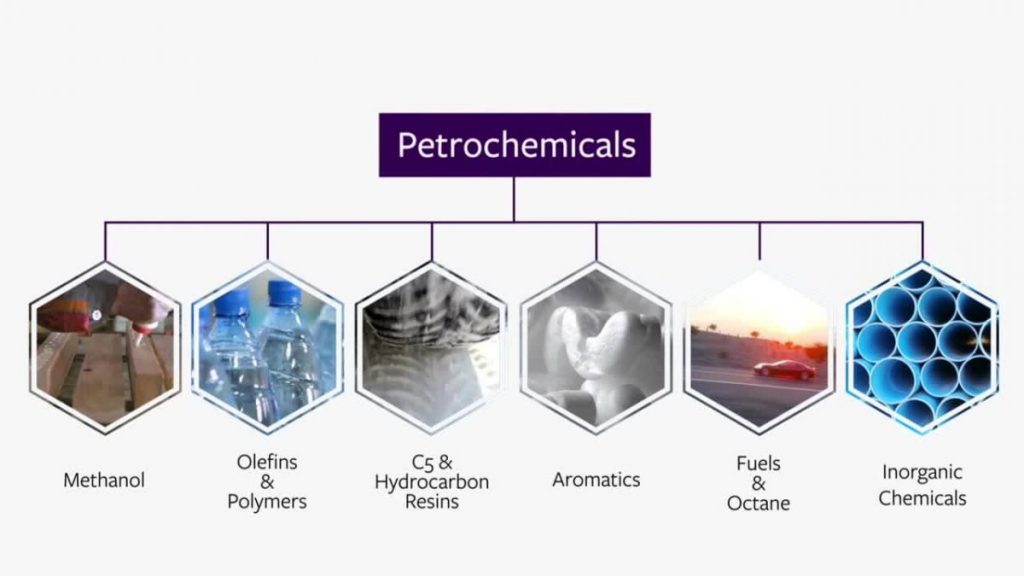Petrochemical products are compounds from which petroleum products are produced. Examples of petrochemical products are Plastics, Rubber, Paints, Solvents and Detergents. In fact, what is happening in petrochemicals is the conversion of Crude Oil and Gas into everyday products.
Petrochemical products are a mixture of hydrocarbons, while the raw materials for the production of these products are pure hydrocarbons that are separated and converted into desirable compounds such as Polymers, Solvents and Surfactants. These operations are usually performed in several stages, which can be categorized as follows:
Foods (first generation)
Intermediate materials (second generation)
Final products (third generation)
Petrochemical-like products such as Cellulose, Natural Rubber, Natural Resins, Nylon 11 and Ethanol of plant origin do not fall into the category of petrochemicals because they are not petroleum-based.
Non-hydrocarbon compounds derived from oil such as Hydrogen, Carbon Monoxide, Carbon Dioxide, Carbon and Sulfur can easily be called petrochemicals. Hydrogen, Nitrogen and Carbon Oxides obtained from steam reforming and partial oxidation of Naphtha are also petrochemical products. These materials are used to produce Ammonia, Urea, Melamine, Fertilizer, etc.

